Keywords: Usa
There are more than 200 results, only the first 200 are displayed here.
-
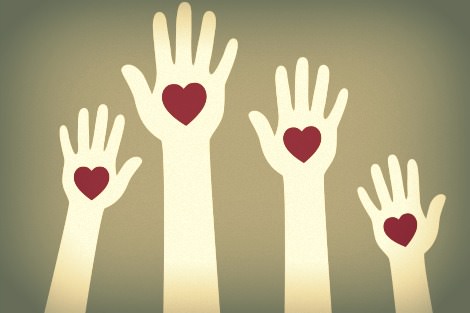
AUSTRALIA
- Frank Brennan
- 10 June 2016
46 Comments
Sadly, the major political parties have forfeited any claim to govern in their own right because they have caused such disillusionment among so many voters about other policy issues with strong moral overtones. Any voter impressed with Pope Francis' encyclical Laudato Si' or inspired by his visits to asylum seekers on the islands of Lampedusa and Lesbos could not blithely vote for either of the major parties, without first determining how to place some continuing political and moral pressure on them.
READ MORE 
-
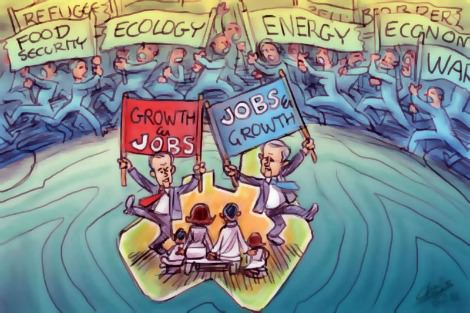
AUSTRALIA
Living within the United Nations community I've witnessed Australia fall from a well-respected international citizen, to becoming the spoilt, sneaky brat of international relations. Even the most blasé glance at the geo political currents moving through the planet reveal complexities this election pretends don't exist. Australians fighting about jobs and growth in the corner comes across as deeply deluded isolationism. The Great Barrier Reef is dying. The world is watching. Hello Australia? Anybody home?
READ MORE 
-
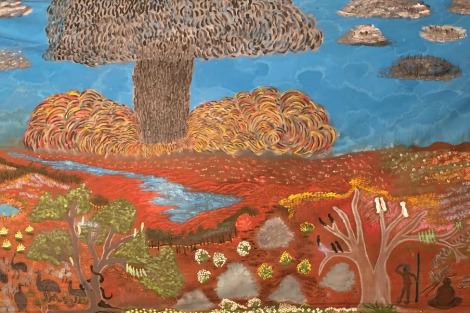
ENVIRONMENT
- Michele Madigan
- 26 May 2016
20 Comments
Just how strictly controlled the process is becomes obvious when it emerges that the task of the 50 member Citizens' Jury will be to produce 'a short independent guide to help every South Australian understand the recommendations raised' by the report. ABC news has dubbed this whole process the Premier's 'public relations exercise', and surely they're not wrong. He is urging all South Australians to remain 'open' about the proposal. But are they, including the Citizens' Jury, allowed to be open to refusal?
READ MORE 
-

INTERNATIONAL
- Gillian Bouras
- 23 May 2016
11 Comments
In America, Rex Tillerson, CEO of Exxon, received a salary of more than $40 million in 2012. He is apparently a devout Christian, so I wonder whether he ever worries about Matthew chapter 19, verse 24: it is easier for a camel to go through the eye of a needle than it is for a rich man to enter into the Kingdom of God. The 400 richest Americans own more wealth than the GDP of India. In contrast, vast numbers of their fellow citizens have less than $1000 in their savings and cheque accounts combined.
READ MORE 
-
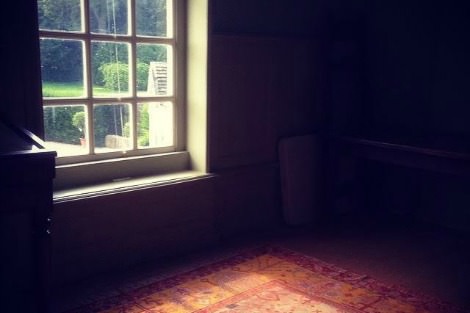
INTERNATIONAL
- Frank Brennan
- 17 May 2016
30 Comments
Once the state legislates to permit assistance with the suicide of a dying, suffering, mentally competent person, the door could well be opened to those who agitate a right to kill and not just a liberty to assist with suicide, and that door could be pushed open onto a class of patients which ultimately will include those who are not dying at all That door is now wide open in Belgium and the Netherlands, while he Canadian Parliament is trying to place appropriate limits. I'm for keeping that door firmly shut.
READ MORE 
-
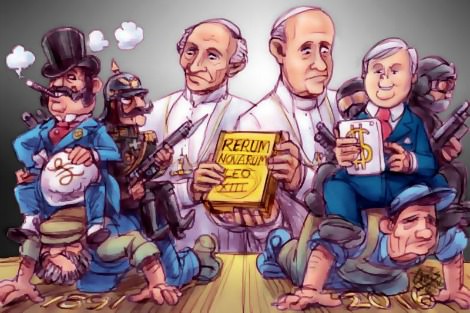
RELIGION
Pope Francis is determined to highlight the opposition of Christian social thinking to the tenets of neoliberalism or market fundamentalism, an ideology which assumes that free markets of themselves will produce the best outcome, and which pushes aside considerations of social or distributive justice. It is unlikely Francis would be waving the flag of social justice so boldly on the world stage had Pope Leo XIII not written his famous social manifesto, Rerum Novarum, 125 years ago.
READ MORE 
-
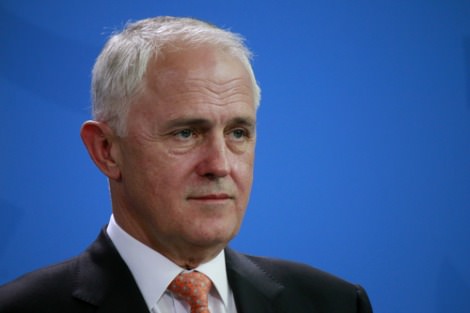
AUSTRALIA
- Fatima Measham
- 04 May 2016
3 Comments
In democracies, public sentiment is meant to be taken seriously. Describing something as populist is a refusal to engage with the sentiment, including its source and complications, usually because we find it disagreeable. The subtext is: people are wrong about the things they care about. They are not being rational or realistic. It is a brave thing to say these days about support for a royal commission into banks, or softening public attitudes toward detention-bound children.
READ MORE 
-
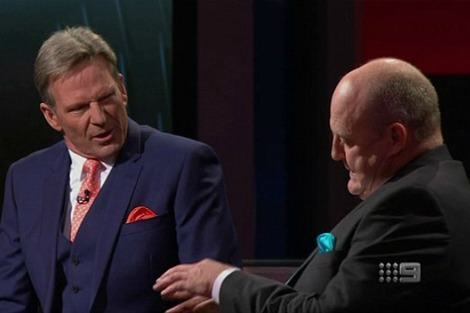
MEDIA
- Tim Kroenert
- 17 March 2016
7 Comments
It's time someone called out this whole Billy Brownless/Garry Lyon saga for what it is. These former AFL footballers and sports media colleagues have fallen out over the past few months, over a reported affair between Lyon and Brownless' ex-wife, Nicky. This is not merely a salacious non-story. It is the nadir of a grubby grain of sports journalism that serves as the mouthpiece for an industry that has a long way to go before it leaves accusations of racism, homophobia and misogyny in its wake.
READ MORE 
-
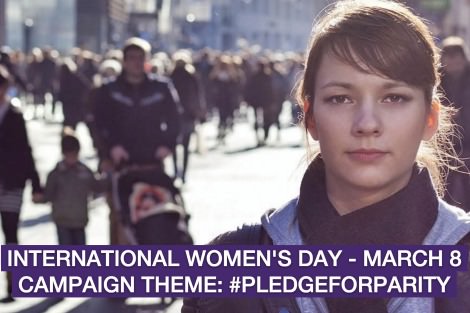
AUSTRALIA
- Ellen Poyner
- 08 March 2016
18 Comments
If we had a problem with numeracy, we would invest in maths, improving our education systems to build knowledge and skills. Instead we have a problem with gender equality and relationship violence. And so, let's improve knowledge and build skills in respectful relationships. Respectful relationships education integrated into the school curriculum is one of the proactive strategies designed to contribute to the prevention of gender-based violence in our communities.
READ MORE 
-
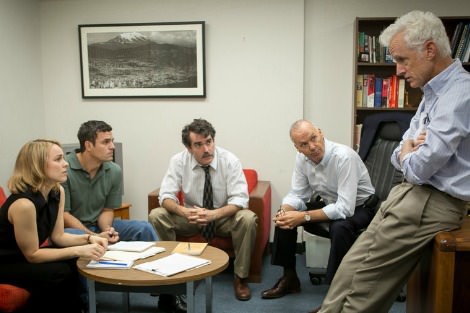
ARTS AND CULTURE
- Richard Leonard
- 28 January 2016
18 Comments
This is one of the angriest films you will ever see. In the Bible we hear about righteous anger, where God or humanity realises something is so wrong and sinful that 'holy anger' is the first and right response. At its best in the scriptures this anger leads to justice, making things right. Spotlight is an occasion for holy, righteous anger and every adult Catholic should see it.
READ MORE 
-
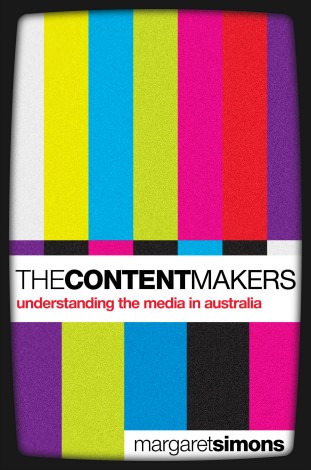
MEDIA
- Jeff Sparrow
- 27 January 2016
13 Comments
Josh Bornstein compared the ABC to the victim in an abusive relationship, desperately trying to ward off the next blow by anticipating the criticism of its enemies. Certainly, enlisting Andrew Bolt to participate in a documentary on Indigenous constitutional recognition seems like a pre-emptive defensive move against the accusations of bias that are routinely levelled against the national broadcaster. For Bolt the arrangement is win-win; for the ABC it's yet another example of self-sabotage.
READ MORE 
-
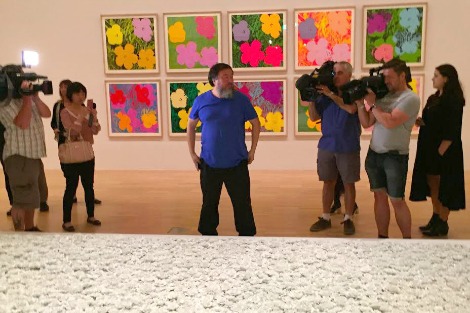
INTERNATIONAL
- Jeremy Clarke
- 16 December 2015
3 Comments
Ai Weiwei might be more Dada than Dao and a hirsute satirist of Beijing's rulers, but he is no mere trending hashtag. Since his birth in 1957, his life history has moulded him, and given him the courage to speak up for a reformed China. And while he might appear the court jester that a simplistic West wants, he is in fact a clever and pragmatic political operator in his own world pursuing a rights agenda in a systematic, constructive and humorous way, often through artistic production.
READ MORE 